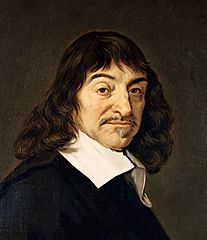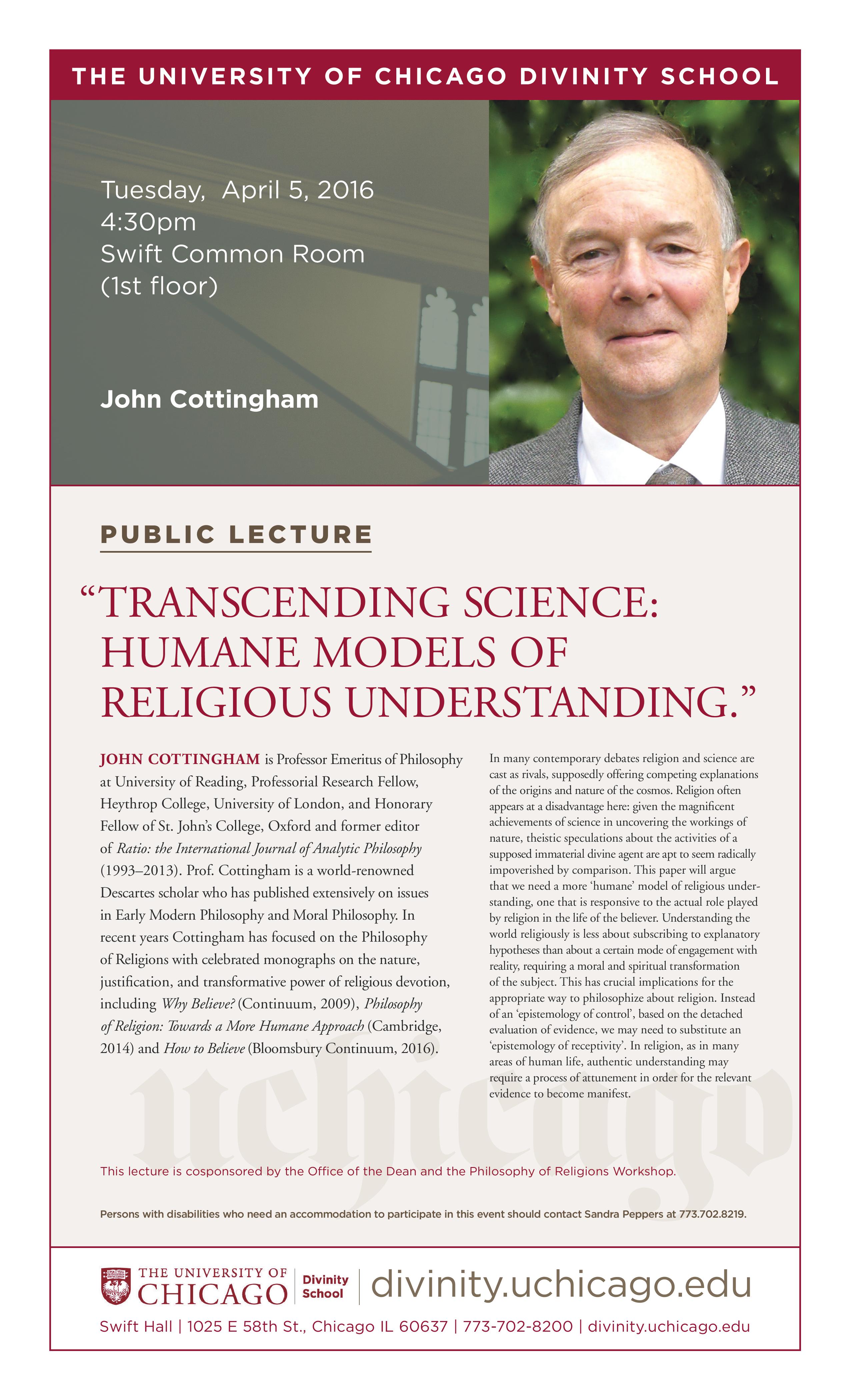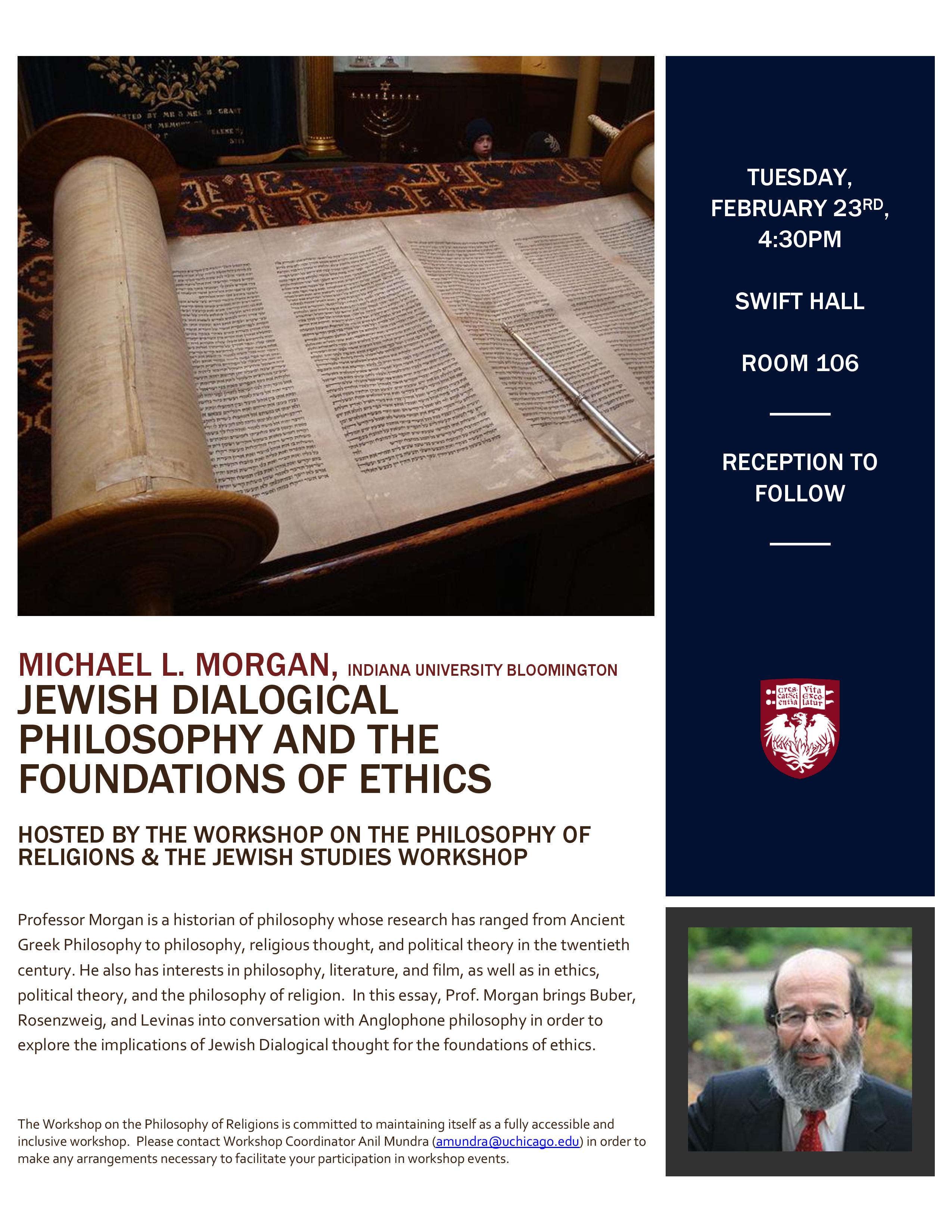William Underwood
PhD Student, Philosophy of Religions
The Time of Love’s Power: Lorde, Marion, and the Politics of the Erotic “I”
Wednesday, October 18, 4:30pm, Swift 208
In the twentieth century, the problem of desire in the constitution of the self-became the hinge of theories that challenged the privilege of a self-possessed subject and its attendant politics of universalist liberation. Defining work in phenomenology, psychoanalysis, critical theory, and literature, this critical countermovement of desire contributed to the critique of existing epistemological paradigms and generated new vistas for both philosophy and political struggle. In this paper, I bring into contact two thinkers—Jean-Luc Marion and Audre Lorde—who subject modern accounts of the subject to reformulation through novel treatments of eroticism, but whose work is rarely, if ever, brought into contact. In so doing, I argue that Lorde’s critical and poetic work extends Marion’s erotic expansion of the phenomenological field, and helps articulate a distinct erotic politics informed by the sociogenic dimensions of phenomenality and oriented toward the project of liberation.
Refreshments will be served
The Workshop on the Philosophy of Religions is committed to maintaining itself as a fully accessible and inclusive workshop. Please contact Workshop Coordinator Matthew Peterson (mjpeterson@uchicago.edu) in order to make any arrangements necessary to facilitate your participation in workshop events.






